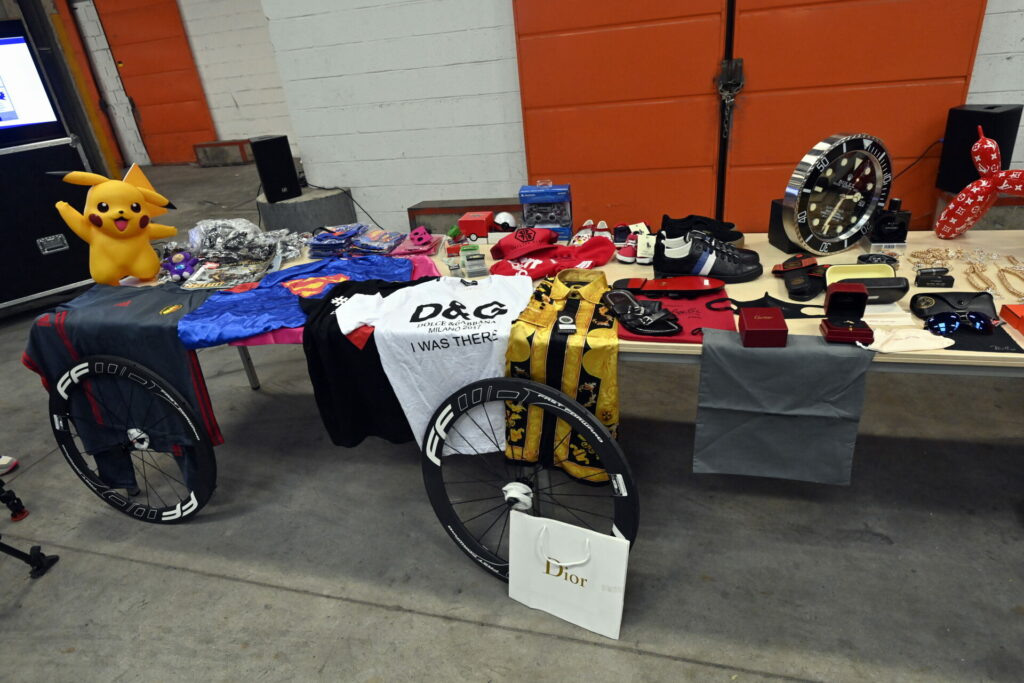A study by the European Observatory on Infringements of Intellectual Property Rights has shed light on the latest trends of counterfeit products and pirated content consumption among young Europeans in the EU aged 15 to 24.
The study has revealed the largest change since 2019 — where the number of Belgian young people intentionally buying counterfeit products has tripled.
In Belgium, 43% of young people intentionally bought counterfeit, compared to the EU’s 37%. While these numbers are not too far off from one another, in 2019, the number of young Belgians intentionally purchasing fake products was much lower at 14%. The EU’s average for that year was 13%.
Counterfeit clothing and technology were bought the most intentionally in Belgium among young people.
Pirated content
Young people in Belgium are also consuming more content from illegal sources than the average of the EU. The study revealed that as a whole, young Europeans are slowly straying away from streaming, downloading and accessing content from illegal sources.
Now 60% of those surveyed said they had not done so in the past year. However, only 52% of Belgian youth said they had not accessed content on illegal sources in the past year.
This trend seems to be losing popularity as 51% of EU young people said they had not accessed pirated content in 2019.
Related News
- From fake phones to cigarettes, sales of counterfeit goods soar during pandemic
- Consumers face more risks than ever from counterfeit products
- Massive illegal streaming service shut down by EU agency
The most popular types of content that were accessed from illegal sources in Belgium were films and TV series, followed by music.
Root of the problem
Price and availability continue to be the main reasons for buying fake products and accessing pirated content intentionally. But, as the European Union Intellectual Property Office (EUIPO) notes in a press release, social influences, such as the behaviour of family and friends, are gaining significant ground.
“At a time when e-commerce and digital consumption have been significantly growing, the increase in the intentional and unintentional purchase of fake goods is a worrying trend. As for piracy, it does not go down, even if young consumers increasingly prefer content from legal sources,” Christian Archambeau, the Executive Director of the EUIPO, said.
“This new analysis provides a valuable tool to help stakeholders, policymakers as well as educators and civil society organisations shape awareness-raising initiatives to support the informed choices of our young citizens and consumers.”
As part of the survey, young people mentioned the risk of cyber threats and cyber fraud as significant factors in curbing their behaviour of consuming fake products and pirated content.

